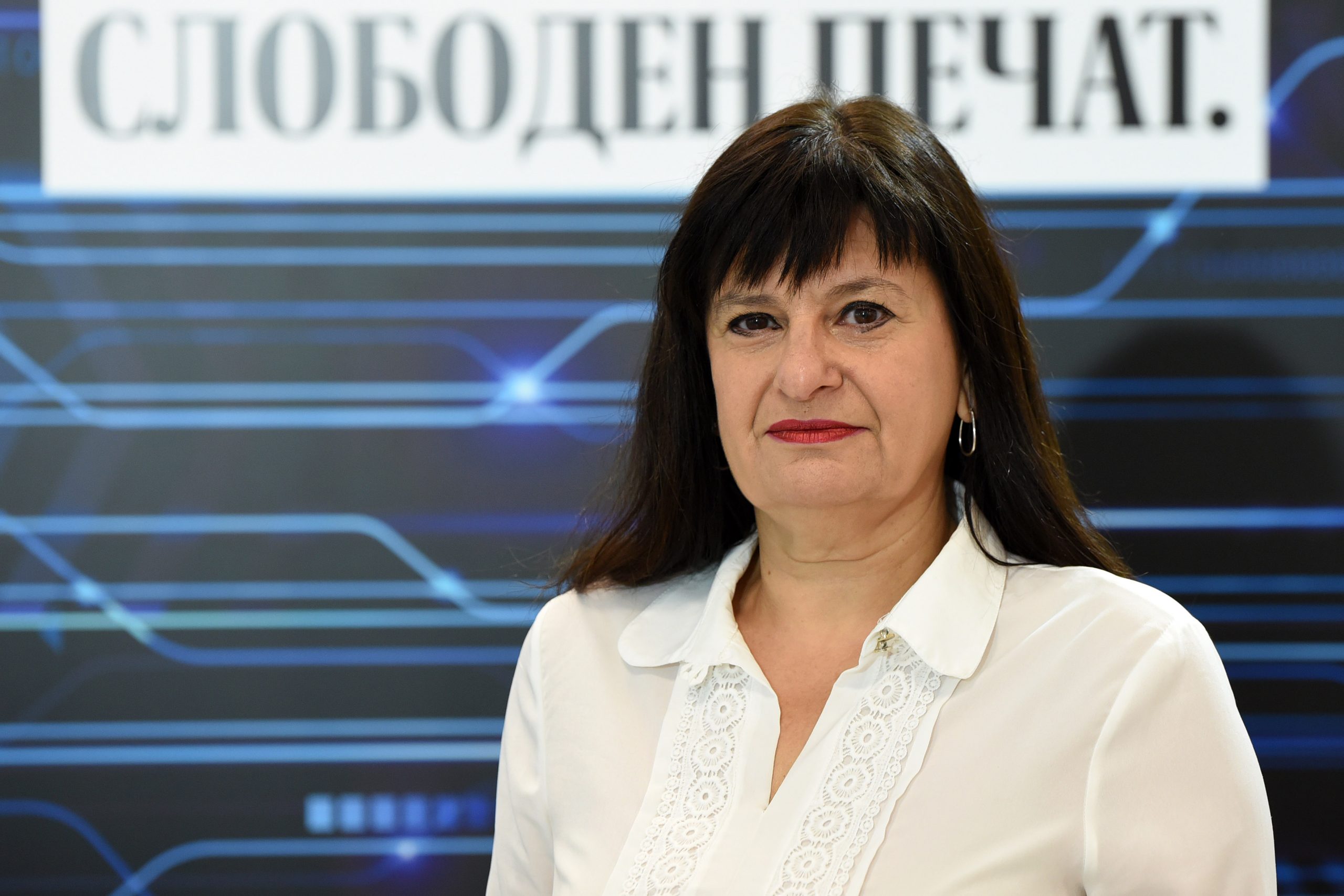Central heating between private accounts and state accounts

The heating has heated up the lack of coordination between the institutions and opened the old wounds - the privatization of the "natural" monopoly in the distant 1999 and everything that happened after that with the mixed ownership relations and the licenses that are being investigated.
If a private company does not have the economic math to deliver a product, it will certainly not go against itself and make a loss. But, if he has a license to perform a public activity, such as central heating supply - he can not say in the middle of the heating season "either let the Government give us money, or we will only heat tomorrow."
But this is what happens when such a crucial public activity is not only not a public-private partnership, but is entirely in private hands!
The Government, however, remains obliged not to allow 60.000 citizens to stay at minus temperatures with cold radiators. At least, according to what has been announced, she will do her job. However, the whole situation with the central heating once again confirmed that the Government lacks good staff that will solve a crisis situation. I say "once again", because the escalation of incoordination and non-compliance was at the beginning of the pandemic, when almost every day changes were made to the decrees in which something was constantly explained that was omitted, and even legally unsustainable with the previous decree.
Moreover, this time there was a political moment - the "battle" for hot radiators had to be fought on the one hand by the Government, led by SDSM, and on the other hand by the City of Skopje with an independent mayor supported by the ranks of VMRO-DPMNE.
From the chronology of "events" with central heating, a person's hair can be raised. Chaos! The price of gas is rising like never before. The Energy Regulatory Commission received calculations from Balkan Energy Group, which would mean a 200 per cent price increase. It is clear to both the regulators and everyone in the country that most of the citizens will not be able to pay such a price. In addition to the social moment, here is the energy moment - if everyone switches to heating with electricity, there will be chaos in the supply, as has already happened when, due to prices, many citizens have given up central heating. The regulator then decided - the price of central heating will increase by 14 percent, and for the rest called on the Government, the City of Skopje and the municipalities to help. So he did not announce that an agreement had been reached, but made a call! And he emphasized: there is gas in two weeks.
In the meantime, only one sentence was constantly heard from the City of Skopje - we can not solve the energy crisis, we do not have a license… In translation: do not "count" on us! First the Government was silent, then the Deputy Prime Minister Fatmir Bitiqi said that it would be against the rule of law to financially assist a company, and in the afternoon the President of the Energy Regulatory Commission Marko Bislimoski and the Minister of Economy Kreshnik Bekteshi to make a statement: "We propose, if "BEG agreed that 80 percent of the difference between the price to be paid by the citizens and the real price should be covered by the Government, and 20 percent by the City of Skopje and the municipalities." Again, this was a proposal, not an agreement!
To make it even more serious, at the press conference through which the Government actually addressed the City and the BEG, amounts were said that had nothing to do with the previously announced "hole" in the difference in price by the Regulatory Commission. The regulators said that the difference for January is 9 million euros, and Besimi that for the whole year it is 6 million euros.
This proposal, obviously, remained hanging in the air, so a few days later the Government offered a new solution - the Energy Regulatory Commission to calculate the real price of central heating, and the difference to the price to be paid by citizens, to cover the Government from the state treasury . In this way, in fact, a Solomon solution was found - instead of financing a private company, to subsidize the accounts of the citizens. However, it is obvious that no agreement was reached with BEG for this decision either, because the company received a statement late that evening, like a cold shower, according to which they have no money to finance the gas and that if the Government does not help, "tomorrow" turn off central heating. So they proposed the Government from January 14 to take over the management of the company. It has not been made official yet, but AD ESM, which is to take over the management, announced on January 15 that the procedure for the temporary management will be completed by the end of this week.
For now there is central heating. The radiators, as Beslimoski says, can not be expected to be as hot as they were with the cheaper gas. But one thing is clear - they heated up the lack of coordination of the institutions and opened the old wounds. The privatization of the "natural" monopoly back in 1999 and everything that happened after that with the mixed ownership relations and the licenses that are being investigated.


